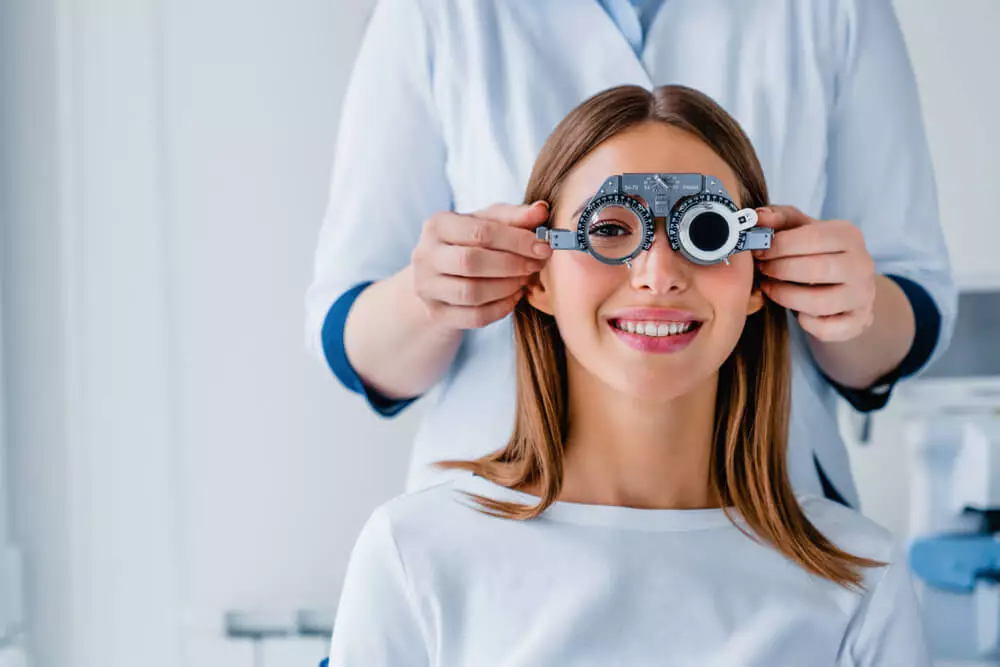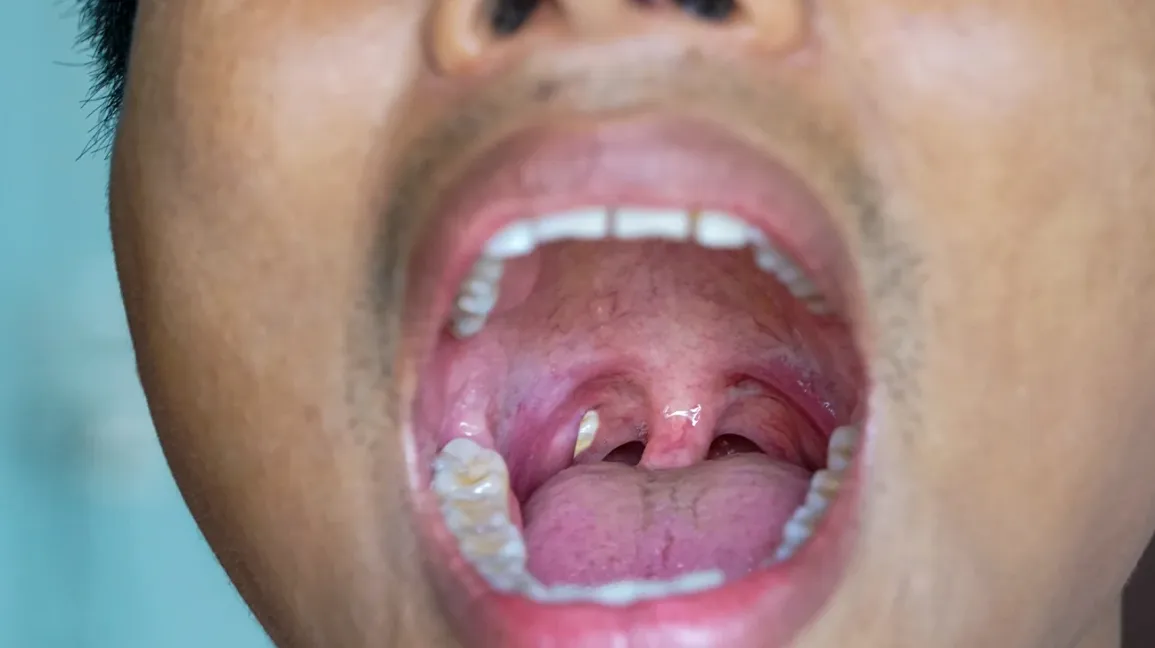
Living with migraines can be debilitating, as the throbbing pain and accompanying symptoms can disrupt daily life. While medications are available to manage migraines, some individuals prefer to explore natural remedies for relief. This article will delve into effective natural remedies that can help alleviate migraines without relying solely on medication. By incorporating these remedies into your routine, you may find significant relief from migraine pain.
May you also like this: Healthy Breakfast Ideas for Weight Loss – Start Your Day Right
Content
1. Hydration: Water, Your Best Friend

One of the simplest and most overlooked remedies for migraines is proper hydration. Dehydration can trigger migraines or make them worse. By staying well-hydrated throughout the day, you can potentially reduce the frequency and intensity of your migraines. Make it a habit to drink adequate water daily to keep your body hydrated.
2. Maintain a Consistent Sleep Schedule
Disrupted sleep patterns can contribute to migraines. Establishing a consistent sleep schedule and ensuring you get enough sleep each night is essential. Aim for a restful sleep environment by creating a calm, comfortable bedroom atmosphere. Establishing a consistent sleep routine can help prevent migraines caused by sleep disturbances.
3. Manage Stress Levels
Stress is a common trigger for migraines. Learning effective stress management techniques can significantly reduce the frequency and severity of migraines. Consider incorporating relaxation techniques such as deep breathing exercises, meditation, or yoga into your daily routine. Taking breaks and engaging in activities you enjoy can also help manage stress levels.
4. Regular Exercise and Physical Activity
Engaging in regular exercise and physical activity is not only beneficial for overall health but can also help alleviate migraines. Exercise releases endorphins, which act as natural painkillers and mood elevators. Find an exercise routine that suits your preferences and start with low-impact activities such as walking, swimming, or cycling. Gradually increase the intensity and duration of your workouts as tolerated.
5. Implement a Healthy Diet

Maintaining a healthy diet can play a vital role in managing migraines. Certain foods and additives, such as processed foods, caffeine, alcohol, and artificial sweeteners, can trigger migraines in some individuals. Consider keeping a food diary to identify potential triggers and eliminate them from your diet. Focus on consuming whole foods, fresh fruits, vegetables, lean proteins, and whole grains to promote overall well-being.
6. Use Essential Oils for Relief
Aromatherapy with essential oils has gained popularity as a natural remedy for migraines. Peppermint, lavender, and eucalyptus oils are known for their calming and pain-relieving properties. Dilute a few drops of the essential oil of your choice with a carrier oil and gently massage it onto your temples or the back of your neck during a migraine attack. The soothing aroma and cooling effect can provide relief from migraine symptoms.
7. Apply Cold or Hot Compresses
Applying cold or hot compresses to the affected area can help alleviate migraine pain. Place a cold or hot pack on your forehead or the back of your neck, depending on what feels more comfortable for you. The cold temperature can help numb the pain, while heat can relax tense muscles and promote blood flow to the area.
8. Herbal Supplements: Butterbur and Feverfew
Butterbur and Feverfew are two herbal supplements that have shown promise in reducing the frequency and severity of migraines. However, it is essential to consult with a healthcare professional before starting any new supplements, as they may interact with other medications or have side effects.
9. Practice Good Posture
Maintaining proper posture throughout the day can prevent muscle tension and reduce the risk of migraines. Be mindful of your posture when sitting, standing, or engaging in activities that may strain your neck or back. Avoid slouching and adjust your workspace or seating arrangements to ensure ergonomic support.
10. Stay Away from Strong Odors
Strong odours, such as perfumes, smoke, or chemical fumes, can trigger migraines in some individuals. Whenever possible, avoid exposure to strong smells or wear a mask if you cannot prevent them. Keeping a clean and well-ventilated environment can also help minimize the risk of triggering migraines.
11. Get Regular Eye Check-ups

Vision problems and eye strain can contribute to migraines. Schedule regular eye check-ups to ensure your prescription is current and address any underlying eye conditions. Wearing proper eyeglasses or contact lenses can reduce eye strain and potentially alleviate migraines associated with visual disturbances.
12. Limit Caffeine Intake
While some individuals find caffeine helpful in managing migraines, excessive caffeine consumption can trigger migraines in others. Be mindful of your caffeine intake and limit it to moderate levels. Gradually reduce your caffeine consumption if you suspect it may be exacerbating your migraines.
13. Practice Progressive Muscle Relaxation
Progressive muscle relaxation is a technique that involves tensing and releasing different muscle groups to promote relaxation and relieve tension. This practice can help reduce stress levels and alleviate migraines caused by muscle tension. Look for guided progressive muscle relaxation exercises online or consider consulting a healthcare professional for guidance.
14. Use Acupressure or Acupuncture
Acupressure and acupuncture are alternative therapies used for centuries to manage pain, including migraines. Applying pressure to specific points on the body or undergoing acupuncture sessions can relieve migraine symptoms. Consult a qualified acupressure practitioner or acupuncturist to explore these options further.
Recommended For You: Managing Stress and Anxiety through Meditation: Finding Inner Peace
15. Seek Professional Help
If your migraines are severe, frequent, or significantly impacting your quality of life, it is crucial to seek professional help. A healthcare professional specializing in migraines can evaluate your condition, provide an accurate diagnosis, and recommend appropriate treatment options tailored to your needs.
Summary
Migraines can be disruptive and distressing, but by incorporating natural remedies into your routine, you can find relief and regain control over your life. Remember to stay hydrated, manage stress levels, maintain a healthy lifestyle, and explore various natural remedies discussed in this article. Always consult with healthcare professionals for personalized advice and guidance in managing your migraines effectively.
u003cstrongu003eAre natural remedies as effective as medication for migraines?u003c/strongu003e
Natural remedies can effectively manage migraines for some individuals, but their effectiveness may vary. It is essential to consult with a healthcare professional to determine the most suitable treatment approach for your specific condition.
u003cstrongu003eCan essential oils eliminate migraines?u003c/strongu003e
Essential oils can relieve migraine symptoms, but they may not eliminate migraines entirely. They can be used as complementary therapy alongside other migraine management techniques.
u003cstrongu003eIs acupuncture safe for migraines?u003c/strongu003e
Acupuncture is generally considered safe when performed by a qualified practitioner. However, ensuring that the acupuncturist follows proper hygiene and uses sterile needles is essential.
u003cstrongu003eCan changing my diet help with migraines?u003c/strongu003e
Yes, for some individuals, certain foods and additives can trigger migraines. Identifying and eliminating these triggers from your diet can help reduce the frequency and severity of migraines.
u003cstrongu003eWhen should I seek medical help for my migraines?u003c/strongu003e
If your migraines are severe, frequent, or significantly impacting your daily life, it is advisable to seek medical help. A healthcare professional specializing in migraines can diagnose properly and recommend appropriate treatment options.

Helen Bradley is a health blogger and the founder of her own blog about fitness. She has been blogging for three years now and loves to share what she learns with others. Helen enjoys reading, cooking, and staying active outdoors.











